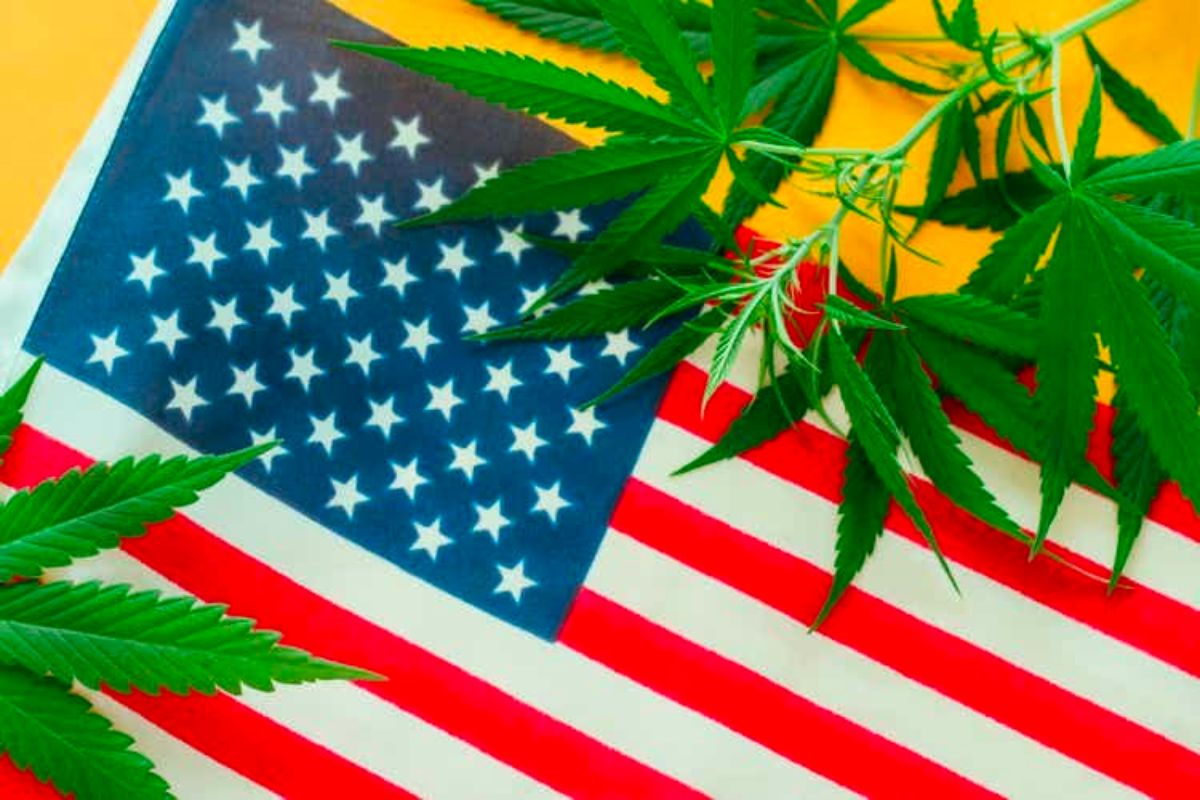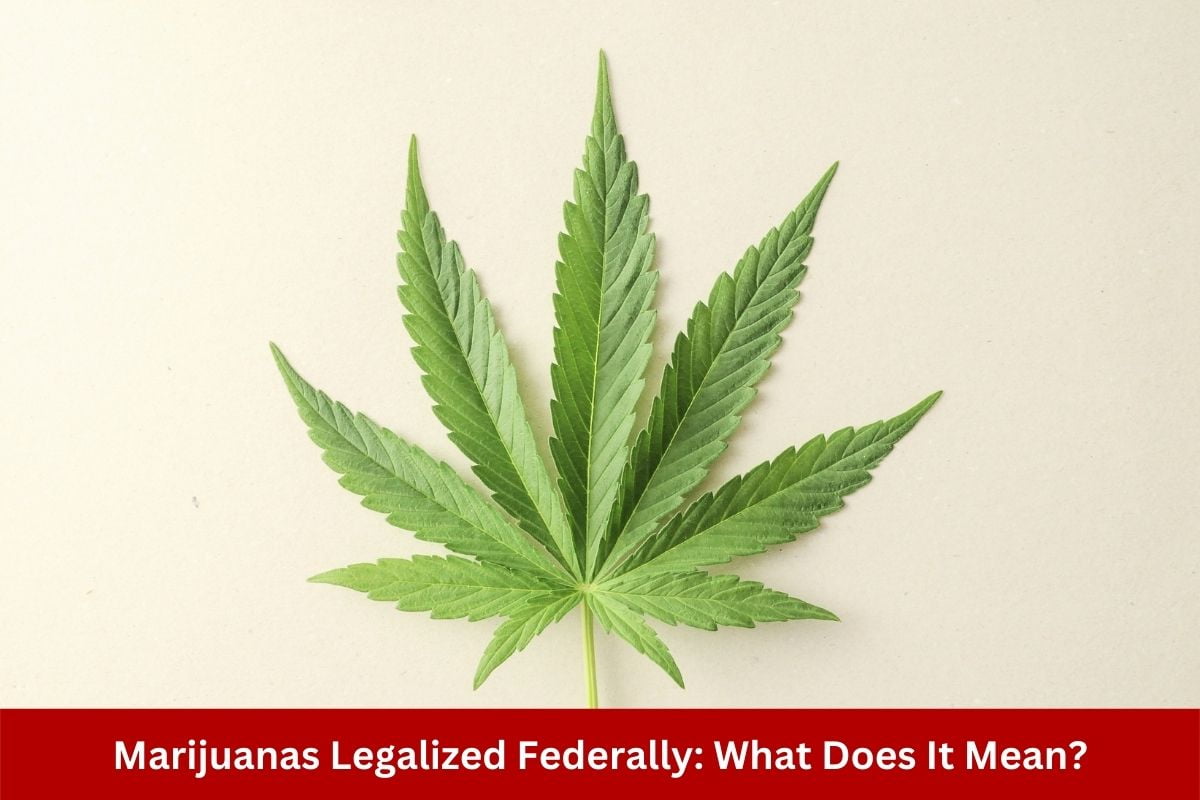The news says that adult use of marijuana has reached 46 percent, and 68 percent of Americans think it’s time to have marijuana federally legalized (according to Gallup experts). More and more states are legalizing medical and recreational cannabis, so alignment with federal laws is on the agenda. When will the Senate vote on the MORE act 2022? In March, the Senate unanimously approved the Cannabidiol and Marijuana Research Expansion Act. This is an important step toward legalization.

Should marijuana be legalized federally legal
As of 2022, there is no federal decriminalization of marijuana. Legal weed is available locally in the United States – 19 states and the District of Columbia allow recreational use, 19 states only allow medical marijuana.
Why should marijuana be legalized federally? Here are a few reasons:
- Tax revenue. Using Colorado as an example, total weed revenue collections from 2014 to 2021 were $105.6 billion. And analysts at New Frontier predict that when marijuana is legalized federally by the Senate, the Treasury will receive an additional $105.5 billion in federal excise tax revenue.
- Budget savings. The American Civil Liberties Union noted back in 2013 the $3.6 billion per year cost of federal control of cannabis products. If criminal justice reform removed marijuana from the list of controlled substances, there would be significant savings in the court and prison system.
- Jobs. RCG Economics estimated that legalizing recreational marijuana in Nevada would create 41,000 jobs by 2024. And that’s more than $1.6 billion in labor revenue. A statewide cannabis legalization Act would provide about 1 million jobs by 2025 (New Frontier report). The legal cannabis industry is growing small businesses: cultivation, processing, sales, distribution, financial services, software, etc.
- Investments. Advisor Shares Pure US Cannabis ETF has more than $1 billion in assets under management. Investors from different countries are showing interest in the industry.
- Health care. Weed has anti-tumor effects, is used to reduce muscle spasms and chronic pain, improves appetite in AIDS patients, and helps relieve nausea during chemotherapy.
Where is weed legal

States that have legalized weed have benefited economically in the form of tax revenue. They have also minimized the impact of the black market. If we consider the European counterparts who also legalized it, the experience with legal cannabis in Barcelona, Spain is curious. Marijuana can be stored and consumed at home and in special cannabis clubs. Only club members are allowed to buy at a level of 60-90 grams per month. Consumption in public places will be followed by a fine of 600 euros. The federal association of cannabis in Spain sets strict rules for members, effectively reducing the share of the shadow market.
Back to American Legal marijuanas states:
- Alaska;
- Alabama;
- Arizona;
- Arkansas;
- California;
- Colorado;
- Connecticut;
- Delaware;
- Florida;
- Hawaii;
- Illinois;
- Louisiana;
- Men;
- Maryland;
- Massachusetts;
- Michigan;
- Minnesota;
- Mississippi;
- Missouri;
- Montana;
- Nevada;
- New Hampshire;
- New Jersey;
- New Mexico;
- New York;
- North Dakota;
- Ohio;
- Oklahoma;
- Oregon;
- Pennsylvania;
- Rhode Island;
- South Dakota;
- Utah;
- Vermont;
- Virginia;
- Washington;
- West Virginia.
Weed legal States have their own jurisdiction over cannabis prescription indications, amounts of the substance, and licensing. There are also 8 states that may not legalize it anytime soon: Kansas, Kentucky, Tennessee, South Carolina, Wisconsin, Indiana, and others. Conservative sentiment is strong there.




